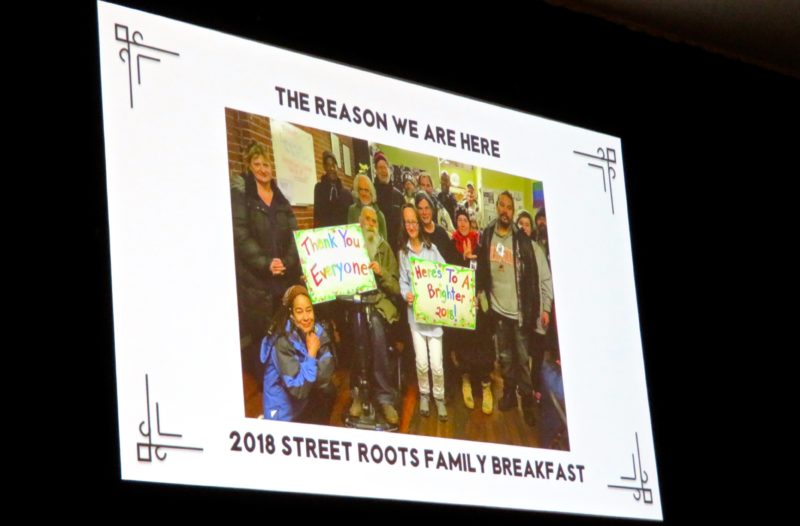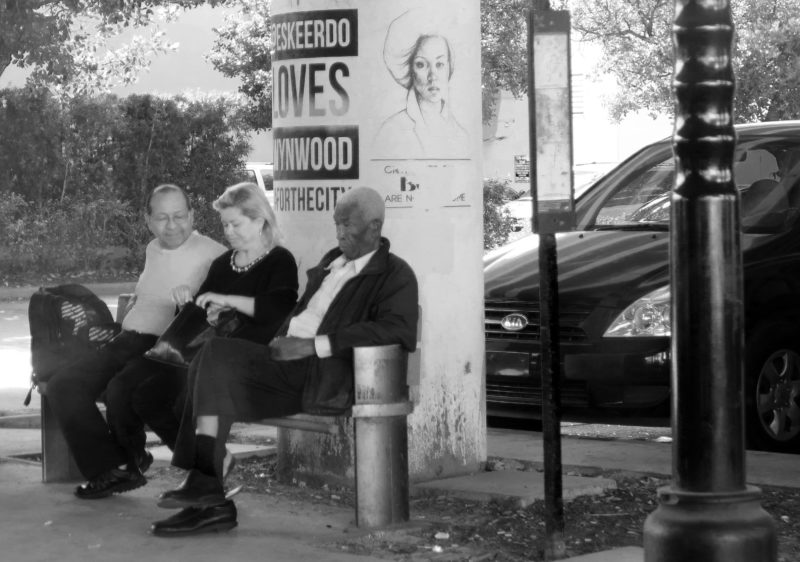I came of age during a feminist wave that pretty much condemned the desire to be or make oneself beautiful. It was never exactly clear to me why a movement towards androgynous looks – so obviously tending in the direction of the masculine away from the feminine – was a sign of strength, rather than a narrow reaction to society’s demands on women.
But the question remains: Can feminists embrace beauty and beautification, or is it a sell-out to The Man? Is it just one more thing where women are not in control of their fate, but trying to live up to ideals set for them by someone else?
The advantage of having raised feminist sons is that they are perfectly able to solve the conundrum for you when you mull over this at the dinner table, while trying to explain how you are drawn to photograph all the beauty found in people’s hair, their necklines, the way they dress, and, let’s not forget it, their feet. Have to photograph that coveted footwear!
“Of course you can enjoy beauty, Mutti! That is different from forcing ideals onto people, or body shame them when they don’t reach them, or fill their heads with preoccupation with looks rather than ideas. You want to honor bodily autonomy, in both women and men. And you want to think through your choices – if three hours of putting on make-up stops you from volunteering it might not be a cool choice, but you still are free to choose. If your choices are driven by a desire to conform, or please, or not be excluded, maybe think again.”
Indeed, I think we want to free ourselves of gender expectations, but be free to express our gender anyway we want – if that includes stereotypically feminine aspects, from heels to nail polish, so what. We should simply not judge or be judged by ways of self expression. I know that when it comes to theory – in fact I brought my infant sons dressed in perfect pink into my graduate class room to have my students react with glee or frowns or astonishment or pure joy – to discuss gendered issues. I also let my boys play with Barbies which they coveted at childcare, and am certain I would have found that unacceptable if they had been daughters because of the body image issues. But when it comes to practice – myself drooling over lace and pearl- studded veils, or frilly pink, or shining tresses – I still have pangs of bad conscience.
I also remember the far more consequential discussions among women, myself included, who had to make choices after mastectomies. Do you opt for breast reconstruction, or not? It involves serious additional surgery, money and potential obstacle to easy detection of cancer recurrence. Do you opt for false bras, or go flat? Does it matter that you are 30 or 50 or 70 years when the plague hits, partnered or still searching? When looks and sexuality are directly linked in a society that is so focused on these specific body parts, “free” choice is made maddeningly difficult.
https://www.elle.com/culture/books/a37113/can-beauty-culture-and-feminism-co-exist/
So there – here is the juxtaposition of theory and practice, my dialectic approach to fashion: I document the beauty around me, adore it, allow myself to buy funky clothes as long as it doesn’t involve cutting the budget for charity and includes second-hand stores, I skip make-up, and dream of high heels. A start.
And I plan to wear unmatched socks, too!
Musical choice today is the Marshallin from Strauss’ Rosenkavalier who bemoans the loss of beauty and the burden of aging when inside she is and feels like still the same young person she always was. But then she declares that all that matters is how you tackle it. Onwards!





































































































































